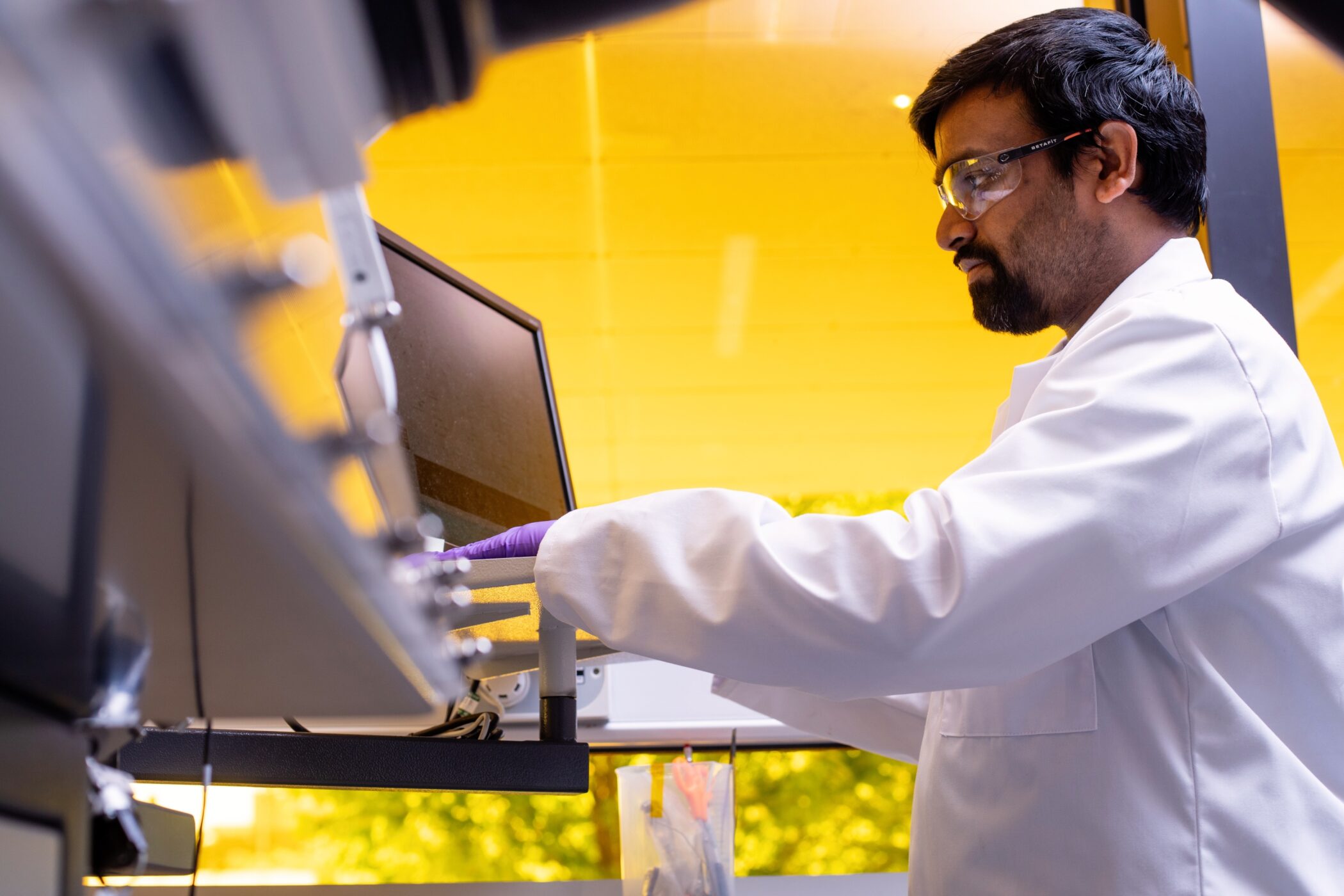Studying Chemical Engineering at Cambridge
- UCAS Code: H810
- How many are admitted to Cambridge every year: 67
- Minimum offer: A*A*A
- Essential subjects: Mathematics, Chemistry, A third science/mathematics subject from Biology, Physics or Further Mathematics
The aim of our course is to produce graduates who meet the needs of today’s process and biotech industries by providing a thorough understanding of the subject, technical competence and transferable skills. Our course concentrates on the scientific principles that underpin the discipline. These principles are essential to develop processes and products that address some of the problems currently facing humanity.
Students can elect to leave after year 3, graduating with the BA degree. However, virtually all students stay for the fourth year leading to the BA and MEng degrees (progression to the fourth year is dependent on satisfactory performance). The four-year course is accredited by the Institution of Chemical Engineers, meaning that after graduation you can apply for Chartered Engineer status once you have four years of relevant experience, without taking further exams.
Our graduates go on to postgraduate study as well as careers as research scientists, technical managers and engineers in the process industry. The degree also provides you with a wealth of transferable skills which can be used in other industries such as finance and management consultancy.
There is further information about the course on the University and Faculty webpages.
What can I do with a degree in Chemical Engineering?
The knowledge and skills you will gain because of your degree will be hugely valuable to a wide variety of employers and highly sought after. Careers within engineering, technical consulting and IT or data science are popular with our chemical engineering graduates. Key employment area are technical roles (e.g. process engineer) within power, utilities and manufacturing, engineering consultancy, finance and consulting. Typically, around 15-20% of Cambridge chemical engineering graduates undertake further study (typically a Masters or PhD programme).
For more information, please visit the University Careers Service website.

Studying Chemical Engineering at St Edmund’s College
At St Edmund’s we are a diverse and international community. Undergraduates and Postgraduates mix together in social settings and you will meet people studying your subject at all levels. This means that you may end up discussing your subject over dinner in the dining hall or in the CR (Common Room).
The College offers several spaces where you can study and work on your essays including the Paul Luzio Library building, the Norfolk library, study desks in the Mount Pleasant Halls Common room, the comfortable couches of the CR, Edspresso, our café that serves excellent coffee and cakes, or the benches in our lovely apple orchards! We also have six study rooms which you can book for private study.
Our college also has an extremely supportive Welfare and Wellbeing Department, which is happy to lend an ear and provide support should a student feel anxious or overwhelmed with the academic year
How to Apply
Applications for all courses are made through UCAS. You must apply by 15 October 2025 to be
considered for entry in October 2026. Applications for 2025 entry have already closed.
Requirements
Tests
Interviews
Deferred applicants
Affiliated students
What is a typical Term’s work
In a typical week, you’ll:
- attend 10 lectures
- have 2-3 supervisions – these provide teaching, usually in groups of 2 or 3, to clarify lecture material and review homework
- complete approximately 2 practical classes
- work on projects and coursework
Assessment is by a combination of coursework and written examinations. Progression from one year to the next is dependent on satisfactory performance.
People
- Professor Seamus Higson, Director of Studies


